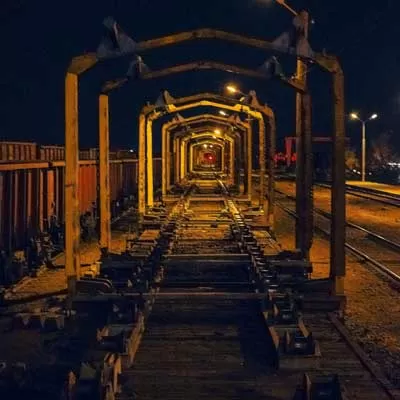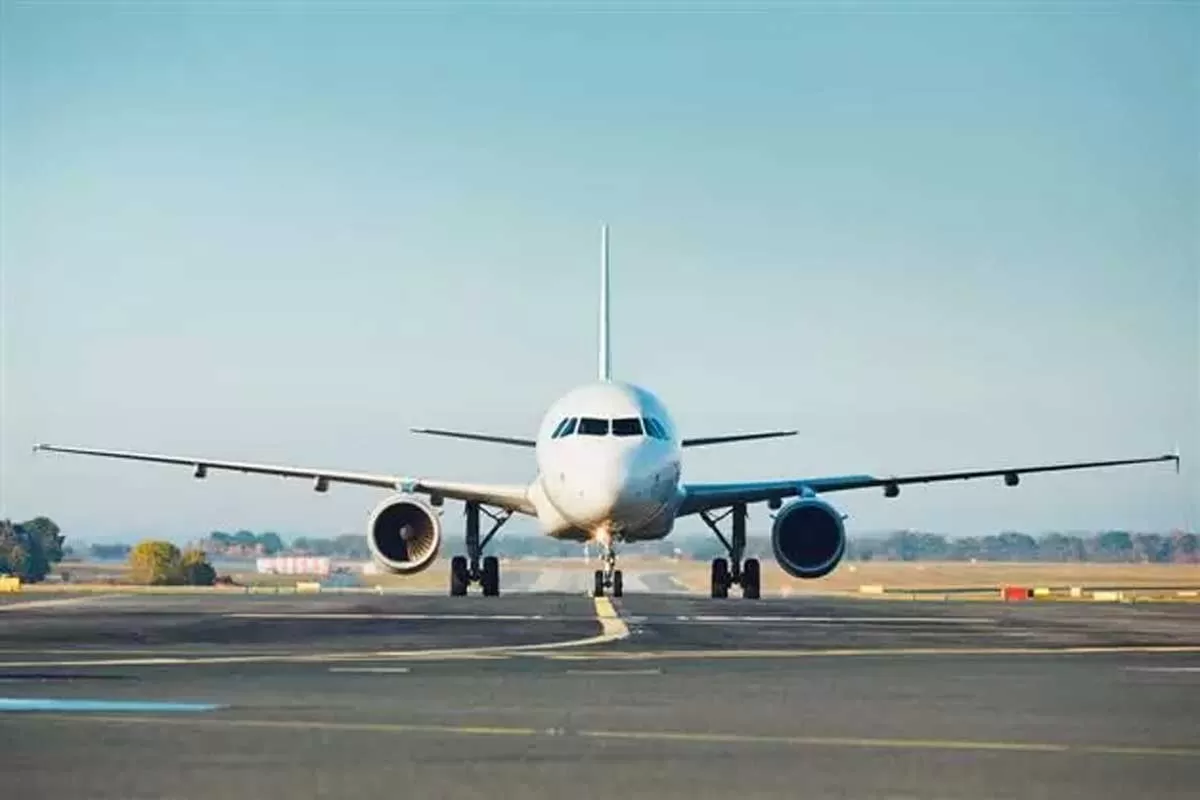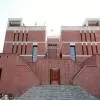
CBAM may Impact India’s Trade andJ as CSEP Urges Policy Response

Housing Sales Fall 19% in Q1 2025 Across Top Cities
Housing sales across India’s top eight cities declined nineteen per cent year-on-year in the January–March 2025 quarter, with 98,095 units sold, according to PropTiger. The fall is attributed to rising property prices and broader economic uncertainty. New supply also saw a ten per cent decline, with 93,144 units launched compared to the same period last year. Only Bengaluru and Chennai recorded sales growth: – Bengaluru: up thirteen per cent (11,731 units) – Chennai: up eight per cent (4,774 units) Other cities reported declines: – Mumbai Metropolitan Region: down twenty-six pe..

Ahmedabad to Relocate Lake for Freight Corridor Link
The Ahmedabad Urban Development Authority (AUDA) will relocate Mama Talavadi, a lake covering over four thousand square metres in Godhavi village, to make way for a forty-five-metre wide road connecting to the Dedicated Freight Corridor (DFC). The realignment was deemed necessary after the proposed Shela–Sanand connector road was found incompatible with an existing DFC culvert. AUDA approved the lake relocation during a board meeting on nine April, resolving to allot a final plot of equivalent size elsewhere. This marks a major revision to Town Planning Scheme 437, impacting both agricultu..

Haryana to Develop Industrial Cluster Near Hisar Airport
The Haryana Government will establish a major Industrial Manufacturing Cluster (IMC) near Maharaja Agrasen Airport in Hisar. Covering around 3,000 acres, the project is estimated to cost Rs 46.8 billion and will be developed in two phases in partnership with the National Industrial Corridor Development Corporation (NICDC). The IMC is part of the broader Amritsar–Kolkata Industrial Corridor, which will see industrial townships in six cities across seven states. Hisar’s IMC will be the largest, according to discussions held in a meeting chaired by Chief Minister Nayab Singh Saini. The proj..














